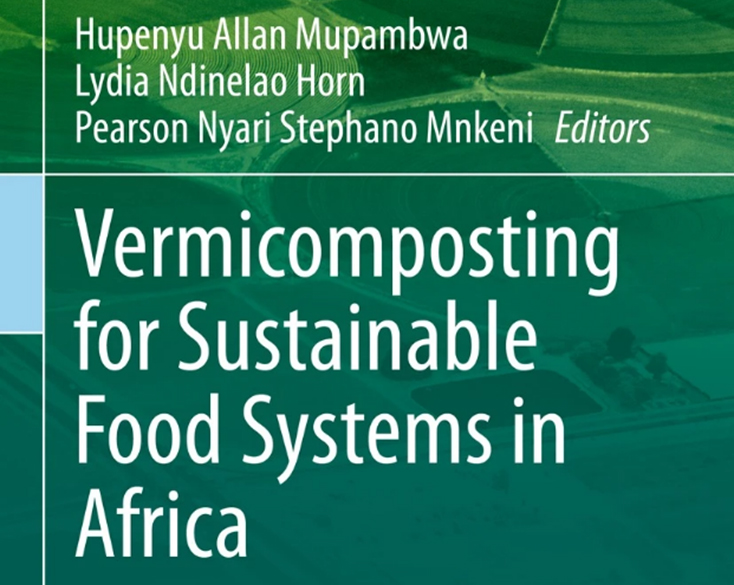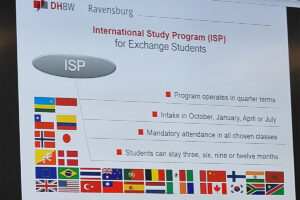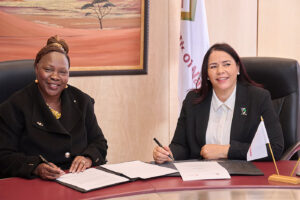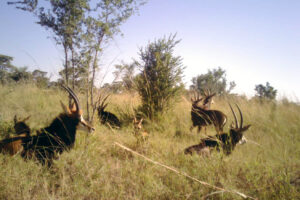https://link.springer.com/book/10.1007/978-981-19-8080-0
The University of Namibia researchers, Dr Hupenyu Allan Mupambwa from Sam Nujoma Marine and Coastal Resources Research Centre (SANUMARC) and Dr Lydia Ndinelao Horn from Multidisciplinary Research Services, have worked with Prof Pearson Mnkeni of the University of Arusha, Tanzania, to publish an edited book, which was published by Springer Nature on the 26th of February 2023. The book is titled Vermicomposting for sustainable food systems in Africa and is an edited book with 20 chapters contributed by the editors as well as by renowned researchers from Africa, Europe and Asia. The book was published as part of the book series Sustainability Sciences in Asia and Africa (https://www.springer.com/series/16642) and the book sub-series Sustainable Agriculture and Food Security (https://www.springer.com/series/16643).
This book series supports the global efforts towards sustainability by providing timely coverage of the progress, opportunities, and challenges of sustainable food production and consumption in Asia and Africa. The series narrates the success stories and research endeavours from the regions of Africa and Asia on issues relating to SDG 2: Zero hunger. It fosters the research in transdisciplinary academic fields spanning across sustainable agriculture systems and practices, post- harvest and food supply chains.
The edited book collates the research done mainly in Africa on vermicomposting and related technologies that can assist African smallholder farmers in making nutrient rich organic fertilizers from their animal and crop residue wastes. Information on the development of organic sources of liquid fertilizer development for hydroponics is also presented. The book presents research findings on vermicomposting in a simplified way that will allow farmers and extension workers to adopt the indicated technologies. Vermicomposting is a technology that employs earthworms to enhance the biodegradation and fertilizer value of organic wastes. The earthworms optimize the biodegradation ecosystem during composting, resulting in a final nutrient rich product with more recalcitrant forms of carbon and much lower levels of veterinary antibiotics and their metabolites. The book also covers critical aspects of standardization of vermicompost preparation, earthworm biology, nutrient enrichment of composts and organic liquid fertilizer production.
The book will be an invaluable source of information for farmers especially those practicing organic crop production, vermicomposting researchers, as well as extension workers in Africa. SANUMARC and Multidisciplinary Research Services are proud that researchers are not only contributing to the body of knowledge through research papers, but by also contributing to books that can be used for farmer training and teaching.






